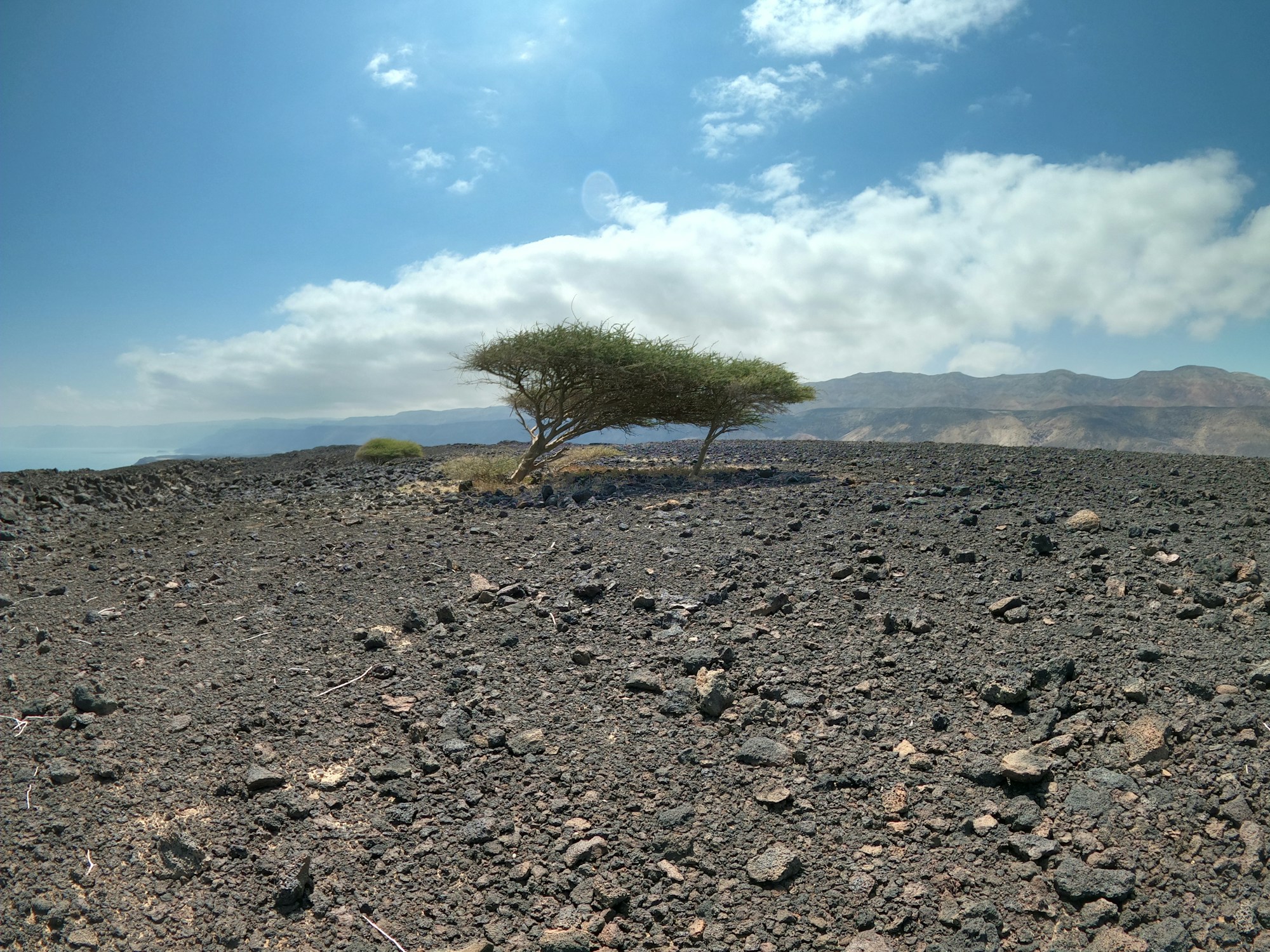Optimal Time to Visit Djibouti: Recommended Weather, Seasons & Months

Optimal Time to Visit Djibouti: Recommended Weather, Seasons & Months
Djibouti, a small country located in the Horn of Africa, offers a unique blend of stunning landscapes, rich culture, and warm hospitality. However, before planning your trip, it's important to consider the weather and the best time to visit to ensure an enjoyable experience. Djibouti experiences a hot desert climate, with dry and hot weather throughout most of the year. However, there are variations in temperature and humidity depending on the season.
Seasons in Djibouti
Djibouti has two primary seasons - the hot season and the dry season.
- Hot Season (May to September): During this period, temperatures can soar, often reaching up to 45°C (113°F) or more. The hot season is characterized by scorching winds, low humidity, and minimal precipitation, making it the hottest and driest time to visit Djibouti.
- Dry Season (October to April): The dry season sees relatively milder temperatures, ranging from 25°C (77°F) to 35°C (95°F). Humidity levels are generally higher compared to the hot season, but still moderate. This period experiences occasional rainfall but is mostly dry and sunny.
Monthly Breakdown of Weather in Djibouti
Here is a monthly breakdown of the weather conditions in Djibouti:
| Month | Season | Humidity | Temperature (°C) | Sun Hours | Rainfall (mm) |
|---|---|---|---|---|---|
| January | Dry | 29% | 27-31 | 9 | 1 |
| February | Dry | 29% | 28-32 | 9 | 1 |
| March | Dry | 33% | 31-36 | 9 | 5 |
| April | Dry | 38% | 35-39 | 10 | 5 |
| May | Hot | 43% | 39-43 | 10 | 7 |
| June | Hot | 50% | 42-46 | 10 | 10 |
| July | Hot | 55% | 42-46 | 10 | 5 |
| August | Hot | 55% | 40-44 | 10 | 3 |
| September | Hot | 53% | 38-42 | 10 | 3 |
| October | Dry | 41% | 35-39 | 9 | 6 |
| November | Dry | 35% | 32-36 | 9 | 6 |
| December | Dry | 30% | 28-32 | 9 | 1 |
Djibouti experiences plenty of sunshine throughout the year, with an average of 9-10 hours of sunlight per day. If you prefer warm, dry weather, visiting during the dry season (October to April) is recommended. The weather is relatively more comfortable during this time, allowing for outdoor activities and exploration without being overwhelmed by extreme heat.
However, if you enjoy intense heat and don't mind higher temperatures, the hot season (May to September) can also be suitable, especially if you plan to spend most of your time near the Red Sea coast, where sea breezes provide some relief.
It's important to note that Djibouti is a popular tourist destination, and the peak season tends to be from December to February. If you prefer fewer crowds, consider visiting during the shoulder months of October and November or March and April. This way, you can enjoy the favorable weather while avoiding the busiest periods.
Regardless of the season you choose, it's always advisable to stay hydrated, wear light, breathable clothing, and apply sunscreen when exploring Djibouti to protect yourself from the strong sun rays.
Now that you know about the weather patterns in Djibouti, you can make an informed decision and plan your visit accordingly. Whether you want to immerse yourself in the rich cultural heritage, explore the vibrant marine life, or witness the breathtaking landscapes, Djibouti has something for everyone.
